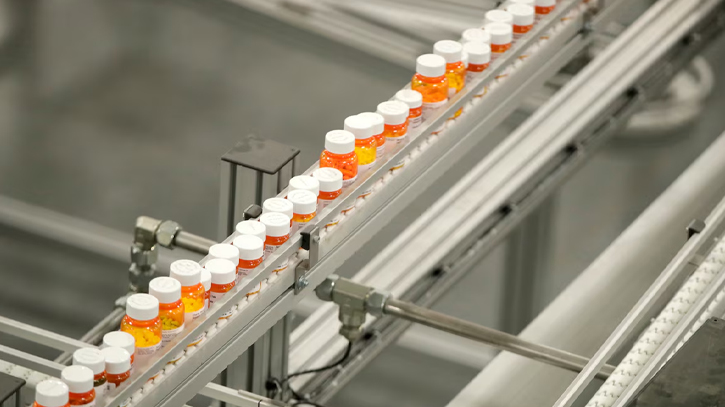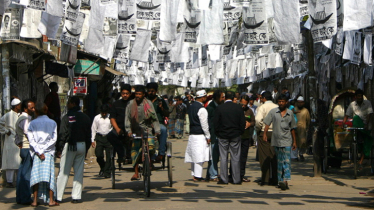
Photo : Collected
General people have already been reeling under the pressure of price hike of daily essentials. Amid this come the extra burden of price hike of various life-saving drugs. A shocking report was published in this newspaper on Sunday titled ‘Syndicate rules the roost in medicine market’. Allegations persist that drug companies and doctors engage in serious infractions, such as flouting government regulations by exchanging costly gifts.
Companies purportedly offer doctors 10 percent of the drug price, in addition to lavish gifts. Consequently, these expenses are passed on to the consumer through inflated drug prices. Following the shock of the Corona epidemic, pharmaceutical companies lobbied the government to raise medication prices, and their efforts bore fruit. However, this has emerged as a new burden on the populace.
According to the report, medication prices have been steadily rising over the past 3–4 years. Medication prices in the country are determined in two ways—by government decree and by the pharmaceutical companies themselves. Once set by the company, the price remains immutable, as the company employs various strategies to secure approval for it.
The Directorate General of Drug Administration sources reveal that a committee was tasked with setting medication prices in the country until 2015-16. However, seven years later, no new committee has convened. While the drug administration purportedly scrutinises proposals for price increases, it routinely approves proposals submitted by companies.
It was revealed in the report that not only have prices of essential or domestically produced drugs surged, but also those of foreign drugs have increased too. Manufacturers exploit perceived shortages to hold customers hostage, selling drugs at prices many times higher than prescribed. For instance, Actrema injection, commonly used in ICU treatment, is sold for Tk 21,000 to Tk 40,000, yet during artificial crises, its price inflates to Tk 60,000 to Tk 80,000. Moreover, though there is a requirement to list the price in Bangladeshi Taka on imported medicines, this rule is frequently flouted. Foreign drugs are often hoarded, then sold at exorbitant prices during supposed shortages, compelling patients to purchase them.
To get rid of this malpractice of the drug companies, experts stressed the need for the establishment of a committee comprising government representatives, experts, ordinary citizens, and patients to ensure accountability within the Directorate General of Drug Administration and related offices.
Medication is no longer merely a service; it has transformed into a primary business tool, with the most glaring example being the unscrupulous manipulation of medicine prices. This manipulate must cease for the sake of the numerous common patients in the country. Since price determination falls under the jurisdiction of the Drug Administration, they should actively participate in establishing reasonable drug prices, ensuring accessibility for the country's populace.
However, in reality, pharmaceutical companies have morphed into a syndicate, dictating prices of essential medicines. The government must take decisive action to liberate the people from the oppressive grip of syndicates, thereby lowering drug prices.
Messenger/Disha








